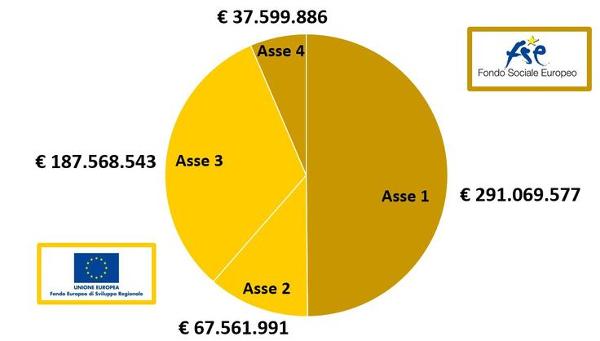Last month, the European Commission approved the Italian National Operational Plan (NOP) "Governance and Institutional Capacity 2014-2020". According to Innovators PA, the "Network for Innovation in the Italian Public Administration" funded by the Department of Public Administration, the principles and instruments of the new plan are based on open government. Transparency, open data, participation, citizen engagement, risk management, preventing and combating corruption, and whistle-blowing (specifically in public procurement) are the main themes.
The over-all goal of the plan is to help the country to achieve smart, sustainable and inclusive growth, by making its public administration more modern and efficient, thereby strengthening Italy's institutional capacity, developing its e-government services and interoperability, and supporting its implementation of the Digital Agenda.
The NOP interventions are based on two pillars:
- modernisation of the national administrative system: to strengthen transparency and participation through the development of open data and open government;
- developing the capacity of multi-level governance in public investment programs: to strengthen the capabilities and processes needed to realise a cohesive governance infrastructure for development policies, setting up a competence centre to provide coordinated feedback to the actors involved.
Resources and priorities
The total budget of the NOP is 828 million euros, of which 255 and 329 million are covered by the European Regional Development Fund (ERDF) and the European Social Fund (ESF), respectively.
Four investment priorities have been set:
- about 50 percent of the budget has been earmarked for the modernisation of Italy's public administration so as to increase transparency, interoperability and access to public data;
- about 12 percent will go to developing Information and Communication Technologies (ICT) to enhance online services and digital inclusion, complementary to the first item;
- about one third has been allocated to reinforce multi-level governance and to support ESF actions to strengthen institutional capacity and improve the efficiency of public administration;
- technical assistance to manage and support the implementation of the NOP and Italy's ESF Partnership Agreement.
Most of the resources (over 80 percent) are allocated to five less developed regions: Basilicata, Calabria, Campania, Puglia and Sicily.


